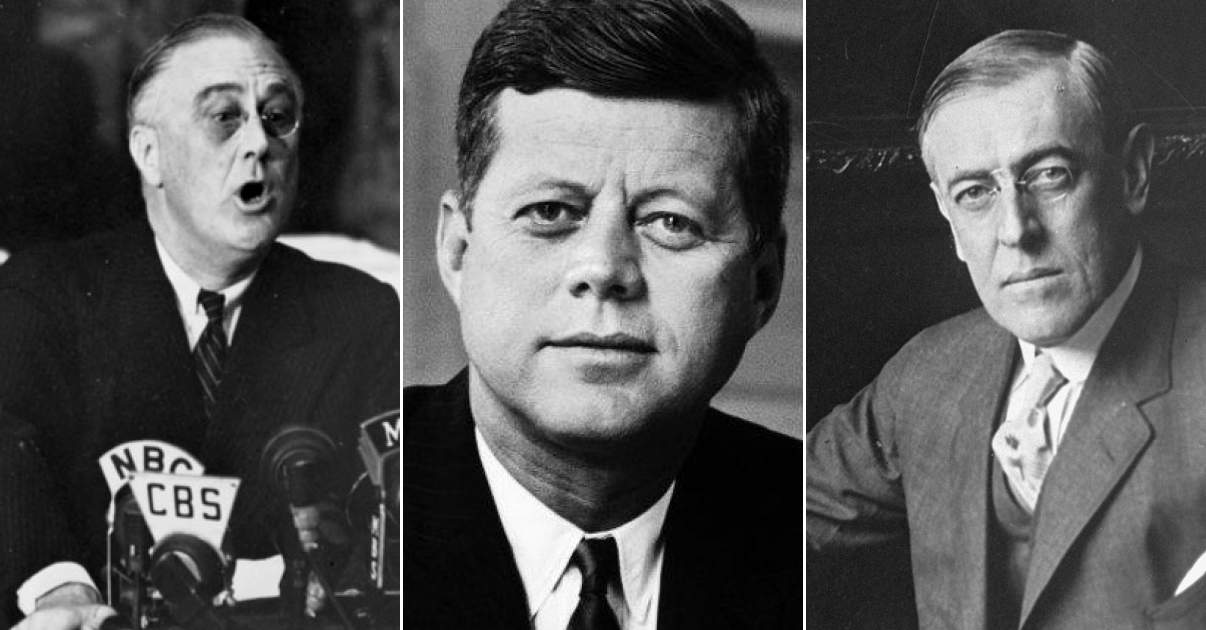Even presidents get sick, and may experience acute or chronic illness. During presidential elections, there’s often a great deal of interest in the health of candidates, from what’s shared with the public to what’s not shared. Regardless of the health of a candidate, any president can experience illness. Visit the presidential sickbed to learn more about the illnesses of past presidents and how they were managed—or hidden!
Grover Cleveland
The 22nd and 24th President of the United States, Grover Cleveland, developed cancer of the jaw while in office. Cleveland first noticed a lump on his upper jaw, on his “cigar-chewing side” shortly after his election, and by June 1893, it had grown significantly in size. His wife, Frances, called it a “peculiar lesion,” and there were reports that it worried Cleveland greatly.

Cleveland’s doctor quickly identified the growth as cancer and said it needed to come out; however, Cleveland feared the political and economic ramifications of announcing he had cancer. Cancer was, of course, often fatal at the time. His decision was likely a smart one for the country.
In the summer of 1893, Cleveland announced a planned fishing holiday on a friend’s yacht, to last four days. Joining him on the yacht were six skilled surgeons. During a 90-minute operation, they removed five teeth, the tumor, and a portion of his left, upper jaw. Oral surgeons today remain surprised at the speed and skill of Cleveland’s surgical team. The entire operation was done through his mouth, limiting any visible scarring. His trademark mustache was left untouched. The operation was a success, and Cleveland lived through his term, dying of a heart attack at 71 years old.
Within a few months, the media had learned of the operation; however, Cleveland immediately denied it, working to discredit the source and reporter. The policy of denial continued significantly after Cleveland’s presidency. Some 24 years later, one of the six doctors came forward, providing evidence about the truth of Cleveland’s operation.

